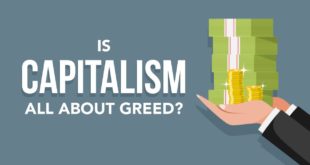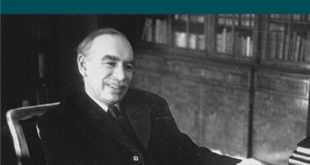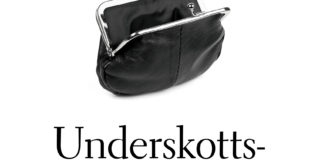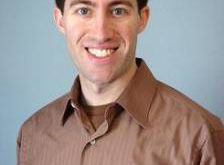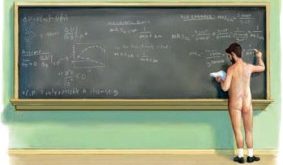Life among the Econ .[embedded content] So when ‘modern’ mainstream economists use their models — standardly assuming rational expectations, Walrasian market clearing, unique equilibria, time invariance, linear separability and homogeneity of both inputs/outputs and technology, infinitely lived intertemporally optimizing representative agents with homothetic and identical preferences, etc. — and standardly ignoring complexity, diversity, uncertainty,...
Read More »Girig-Sverige — eller när kommer kraschen?
Girig-Sverige — eller när kommer kraschen? Ekonomijournalistgruppen har en hel del tydliga devota och inställsamma inslag, där många, kanske de flesta, med tiden har valt att gå ”all in” och blivit PR-konsulter eller pressansvariga på något företag. Andreas Cervenka är ett lysande undantag och hans ”Girig-Sverige” är ekonomijournalistik när den är som bäst, kritisk, upplysande och underhållande … Sverige har numera enligt Cervenkas lista 541...
Read More »Minsky and Keynes show the way out of the crisis
Minsky and Keynes show the way out of the crisis American economist Hyman Minsky described capitalism as a “two price” system. On one side are asset prices—both financial, like government or corporate bonds, and physical like residential or commercial property. On the other, there are consumer prices—goods and services that determine current output and consumer price inflation. In the contemporary global economy, asset prices are much more sensitive to...
Read More »The forgotten case against Milton Friedman: an interview about inflation and the Phillips curve
Milton Friedman revolutionized macroeconomics with his 1967 presidential speech to the American Economics Association (AEA), which presented a theory of the so-called natural rate of unemployment for the first time. That speech, which played a major role in discrediting the brand of Keynesianism that prevailed in postwar liberal economic policy thinking, remains one of the […]
Read More »The truly scientific attitude
The truly scientific attitude I recall, with sadness, a comment made to me by the author of a well-known textbook. Upon being asked whether he accepted my analysis of demand theory as presented first in 1948, the reply was positive. He added that it would not be included in his advanced textbook because “it would upset too many things and be too disturbing, i.e., Dicta non movere.” So much for the acceptance of new scientific results and for a truly...
Read More »Public debt and Keynes’ paradox of thrift
Public debt and Keynes’ paradox of thrift For although the amount of his own saving is unlikely to have any significant influence on his own income, the reactions of the amount of his consumption on the incomes of others makes it impossible for all individuals simultaneously to save any given sums. Every such attempt to save more by reducing consumption will so affect incomes that the attempt necessarily defeats itself. It is, of course, just as impossible...
Read More »Stephanie Kelton i Stockholm
Stephanie Kelton i Stockholm När tankesmedjan Katalys nu firar tioårsjubileum har man passande nog valt att bjuda in författaren till en av årtiondet största megahits inom ekonomiområdet — Underskottsmyten — Stephanie Kelton. Har ni vägarna förbi Stockholm i morgon tycker jag definitivt ni ska lägga ett par timmar på att besöka ABF-huset! Yours truly har under flera års tid nu frågat sig varför vi i det här landet har begåvats med regeringar som inte vågar...
Read More »Why MMT is needed
Why MMT is needed Mainstream economists do not believe that “countries that borrow in their own currency should not worry about government deficits because they can always create money to finance their debt.” Looking at the result from a survey, not a single economist agreed with that statement. If these economists had been right, we would see lots of governments running out of money in 2020 and 2021. After all, tax revenues collapsed, government spending...
Read More »Attending economics seminars — a total waste of time!
Attending economics seminars — a total waste of time! Visiting economics conferences and seminars, the sessions usually start with the presentation of mathematical-statistical models building on assumptions somewhat analogous to “let us assume that people are green and descending from Mars” — and then long technical discussions follow on how good these models are at making us better understand contemporary societies and economies. Yours truly finds it...
Read More »Mainstream economics — slipping from the model of reality to the reality of the model
Mainstream economics — slipping from the model of reality to the reality of the model A couple of years ago, Paul Krugman had a piece up on his blog arguing that the ‘discipline of modelling’ is a sine qua non for tackling politically and emotionally charged economic issues: In my experience, modeling is a helpful tool (among others) in avoiding that trap, in being self-aware when you’re starting to let your desired conclusions dictate your analysis. Why?...
Read More » Heterodox
Heterodox

